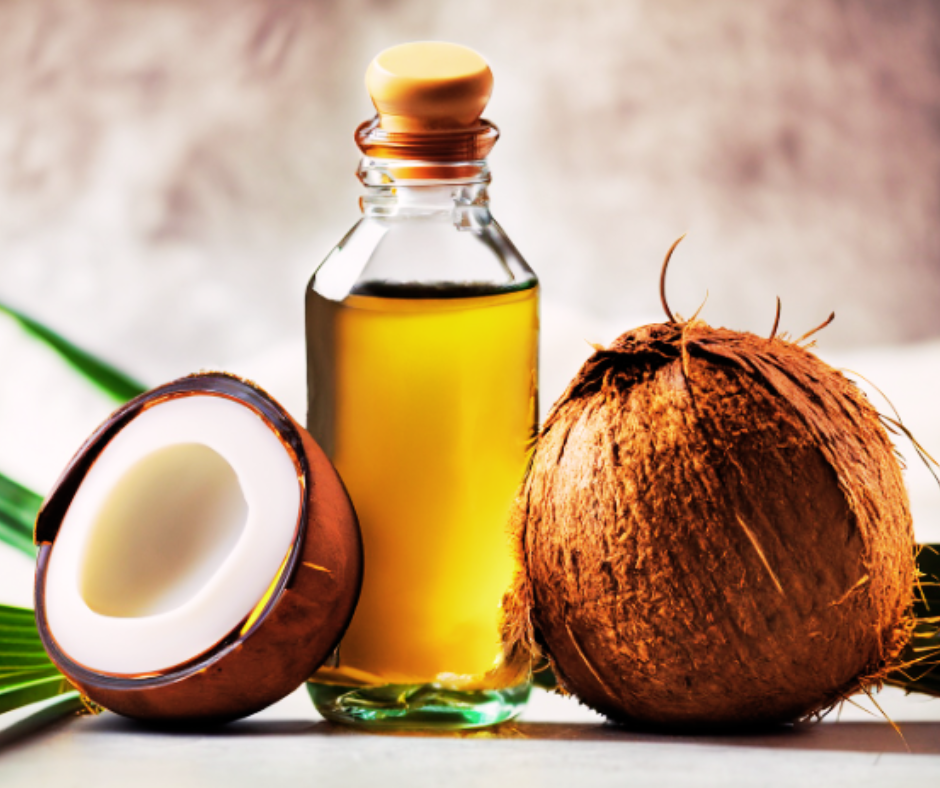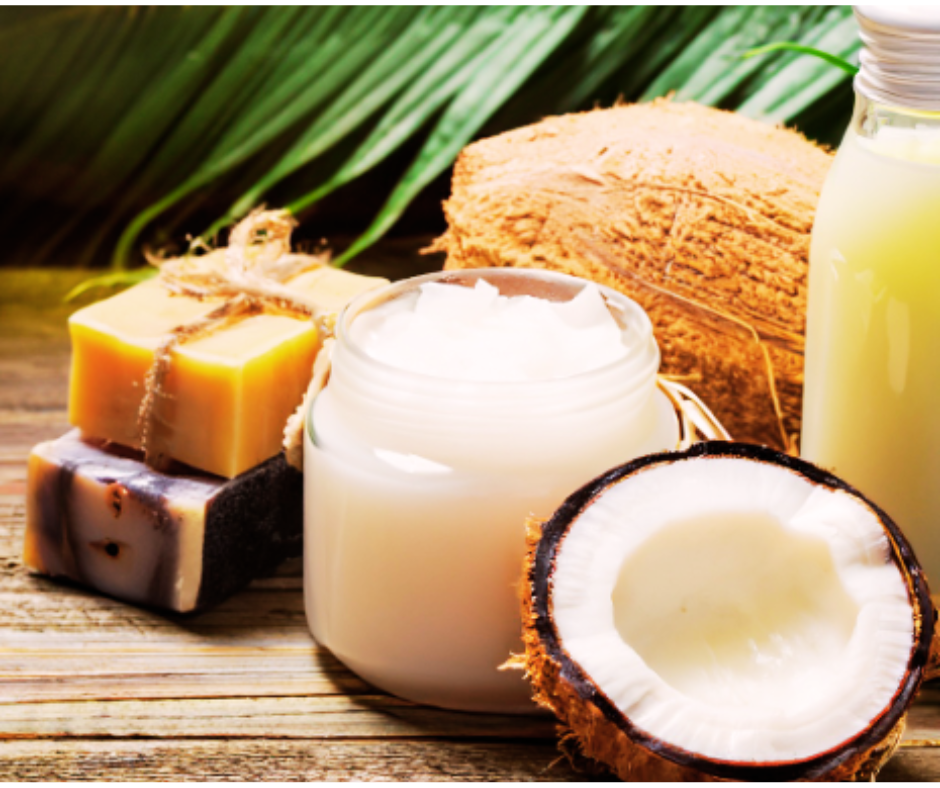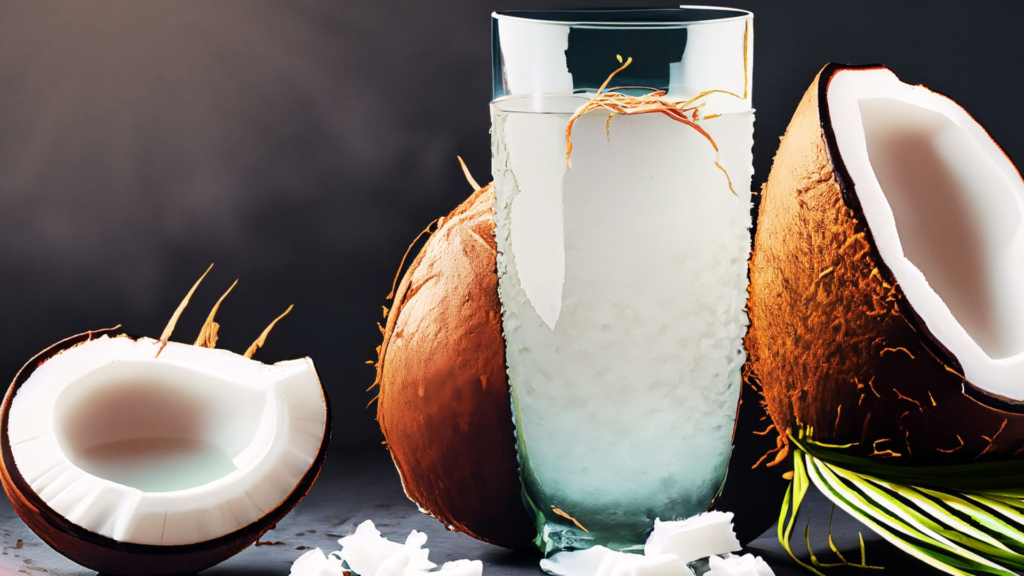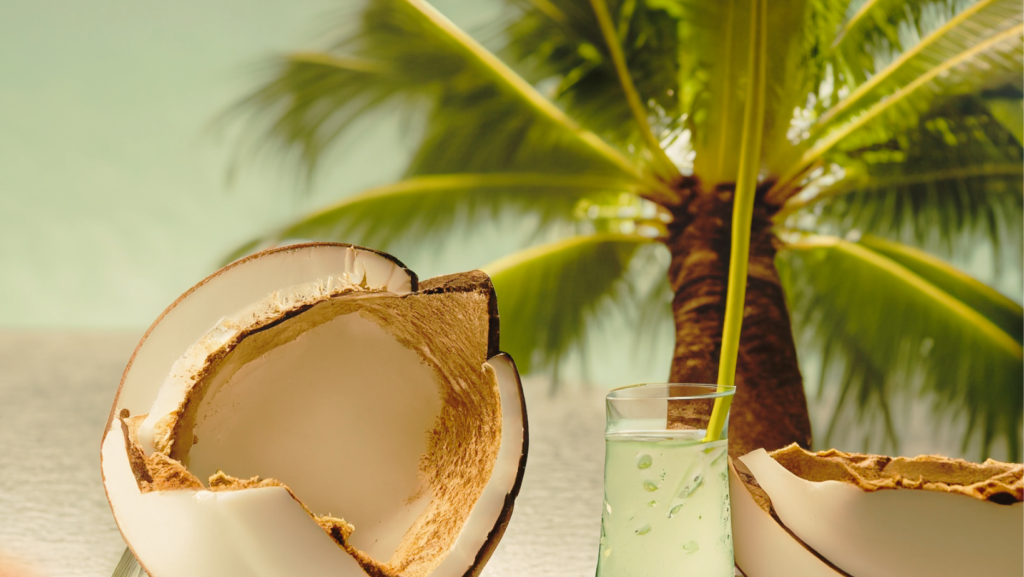Introduction:
In recent years, health-conscious individuals have been raving about the numerous benefits of coconut oil, and one variant that stands out among the rest is “Virgin Coconut Oil.” What makes it so special, you may wonder? Let’s understand the unique properties of Virgin Coconut Oil and learn how to make it in the comfort of your own home.
What is Virgin Coconut Oil?
Virgin Coconut Oil is a pure and unrefined form of coconut oil that is extracted from fresh and mature coconuts without any chemicals added or heat. Unlike the traditional refined coconut oil, Virgin Coconut Oil preserves the natural goodness of coconuts which makes it a more nutrient-rich and flavorful option.
Extra Virgin Coconut Oil
Extra Virgin Coconut Oil (EVCO) is a premium grade of coconut oil that is considered the highest quality among all coconut oil varieties. To obtain extra virgin coconut oil, the coconut flesh is cold-pressed or expeller-pressed, and the oil is carefully separated from the coconut milk without the use of heat or chemicals.

How is Virgin Coconut Oil Made?
The process of creating Virgin Coconut Oil is remarkably simple and can be done using the following steps:
Step 1: Gathering the Coconuts
Select fresh, mature coconuts with a rich aroma. These can be easily found in tropical regions where coconut trees thrive.
Step 2: Shredding the Coconuts
Remove the outer body of the coconuts and use a coconut shredder to shred the coconut meat into small pieces. This shredded coconut is also known as “copra.”
Step 3: Extracting the Coconut Milk
Place the shredded coconut into a muslin cloth and squeeze it to extract the coconut milk. This milk is a creamy, white liquid that contains both oil and water.
Step 4: Allowing the Separation
Leave the coconut milk for around 24 hours in a cool, dark place. During this time, the coconut oil will naturally separate from the water and rise to the surface.
Step 5: Skimming the Virgin Coconut Oil
Carefully skim the thick, creamy coconut oil layer from the separated mixture’s top. This layer is your precious Virgin Coconut Oil.
Step 6: Filtering the Oil
To ensure purity, strain the skimmed oil through a fine mesh or cheesecloth to remove any remaining coconut solids.
Step 7: Storing the Virgin Coconut Oil
Store your freshly extracted Virgin Coconut Oil in a clean, airtight container. It can be stored at room temperature, and if you live in colder regions, you might notice it is solidifying, but it will liquefy again when exposed to gentle heat.
Health Benefits of VCO
Virgin Coconut Oil is not just an addition to your adventures.
Rich in Medium-Chain Triglycerides (MCTs): These healthy fats are easily digestible, provide quick energy, and may support weight management.
Antioxidant Properties: VCO contains natural antioxidants that help combat free radicals and oxidative stress.
Skincare Wonder: Its moisturizing and anti-inflammatory properties can promote healthy skin and hair.
Heart Health: Some studies suggest that moderate consumption of VCO may support heart health.
In Conclusion
As you now know, making this liquid gold at home is a rewarding and straightforward process. So, why not try your hand at extracting this wonder oil and enjoy its versatility in both your kitchen and daily health routines?
you can also explore some wonderful benefits of coconut water and find some top coconut water brand information.
Embrace the goodness of Virgin Coconut Oil, and experience the tropical essence it brings to your life!


